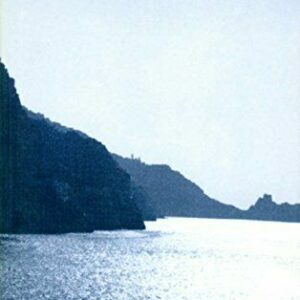
Shores and Headlands
By Emily R. Grosholz (NHC Fellow, 1985–86)

By Emily R. Grosholz (NHC Fellow, 1985–86)
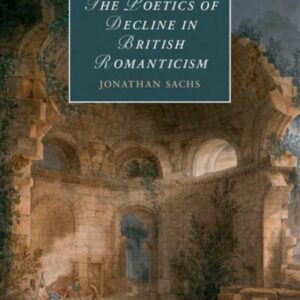
By Jonathan Sachs (NHC Fellow, 2014–15) Anxieties about decline were a prominent feature of British public discourse in the late eighteenth and early nineteenth century. These anxieties were borne out repeatedly in books and periodicals, pamphlets and poems. Tracing the reciprocal development of Romantic-era Britain's rapidly expanding literary and market cultures through the lens of … Continued
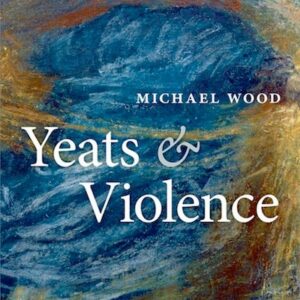
By Michael Wood (NHC Fellow, 2008–09) This is a book about how poetry, seen through the instance of a single poem, seeks to make sense of a turbulent and dangerous world. Poetry must introduce order and shape where there is none, and also, in certain crucial cases, remain faithful to the disorder and shapelessness of … Continued
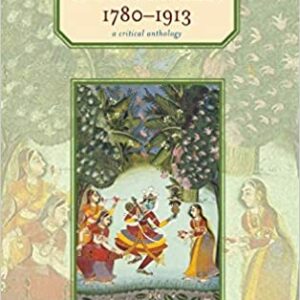
Edited by Mary Ellis Gibson (NHC Fellow, 2007–08) Anglophone Poetry in Colonial India, 1780–1913: A Critical Anthology makes accessible for the first time the entire range of poems written in English on the subcontinent from their beginnings in 1780 to the watershed moment in 1913 when Rabindranath Tagore won the Nobel Prize in Literature.Mary Ellis Gibson … Continued
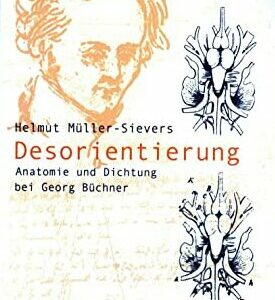
By Helmut Müller-Sievers (NHC Fellow, 1994–95) The most extensive surviving text by Georg Büchner is the "Treatise on the Barbel's Nervous System" from 1836. Helmut Müller-Sievers places it at the center of his investigations into the connection between anatomy and poetry. We begin with reflections on the problem of orientation in the 18th and early 19th … Continued
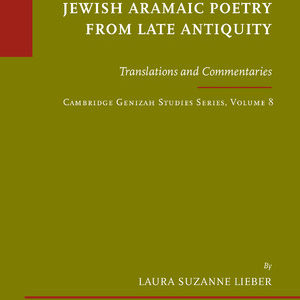
By Laura Suzanne Lieber (NHC Fellow, 2015–16) In Jewish Aramaic Poetry from Late Antiquity, Laura Suzanne Lieber offers annotated translations of sixty-nine poems written between the 4th and 7th century C.E. in the Land of Israel, along with commentaries and introductions. The poems celebrate a range of occasions from the ritual year and the life-cycle: Passover, … Continued
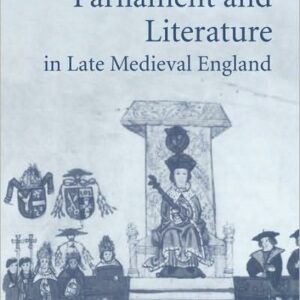
By Matthew Giancarlo (NHC Fellow, 2004–05) Parliament and Literature in Late Medieval England investigates the relationship between the development of parliament and the practice of English poetry in the later fourteenth and early fifteenth centuries. During this period, the bureaucratic political culture of parliamentarians, clerks, and scribes overlapped with the artistic practice of major poets … Continued
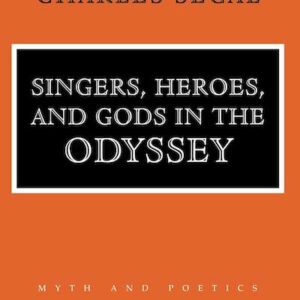
By Charles Segal (NHC Fellow, 1993–94) One of the special charms of the Odyssey, according to Charles Segal, is the way it transports readers to fascinating places. Yet despite the appeal of its narrative, the Odyssey is fully understood only when its style, design, and mythical patterns are taken into account as well. Bringing a … Continued
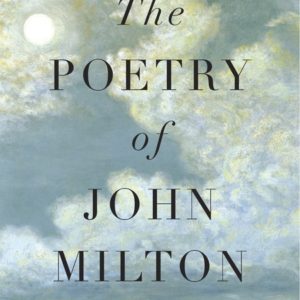
By Gordon Teskey (NHC Fellow, 1990–91; 2014–15) John Milton is regarded as the greatest English poet after Shakespeare. Yet for sublimity and philosophical grandeur, Milton stands almost alone in world literature. His peers are Homer, Virgil, Dante, Wordsworth, and Goethe: poets who achieve a total ethical and spiritual vision of the world. In this panoramic … Continued
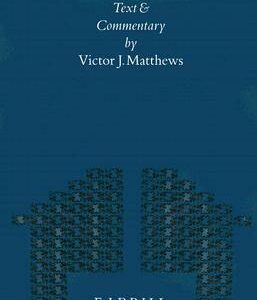
Edited by Victor J. Matthews (NHC Fellow, 1986–87) This volume is an edition of the fragments of the Greek epic and elegiac poet, Antimachus of Colophon (ca. 400 B.C.), an important figure linking the literatures of Archaic and Classical Greece with that of the Hellenistic Age. The introduction examines the poet's life and work, discussing … Continued